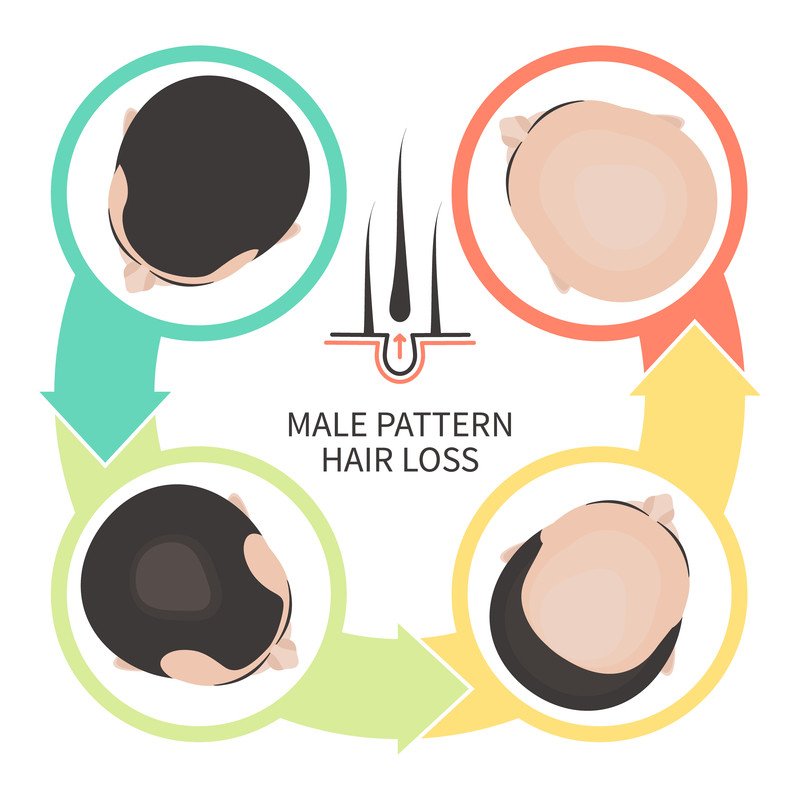Are you a high school student wondering how many colleges are test optional? You're not alone. With the growing movement toward test-optional admissions, more and more colleges are giving students the choice to submit their SAT or ACT scores or not. This article will explore the trend of test-optional admissions, explain its significance, and provide some tips and recommendations for navigating the college application process.
The Pain Points of Test-Optional Admissions
For many students, standardized tests can be a major source of stress and anxiety. The pressure to achieve high scores can sometimes overshadow other aspects of the college application process, such as extracurricular activities, essays, and letters of recommendation. Additionally, the cost of test preparation materials and tutoring services can create financial barriers for some students. Test-optional admissions aim to alleviate these pain points by allowing students to showcase their strengths and potential in other ways.
How Many Colleges are Test Optional?
As of 2023, over 1,400 colleges and universities in the United States have adopted some form of test-optional admissions policies. This represents a significant increase from just a decade ago when only a handful of schools offered this option. While the specific requirements and policies vary from institution to institution, the general idea is that students can choose whether or not to submit their test scores as part of their application.
Test-Optional Admissions: A Personal Experience
As a high school senior, I was relieved to discover that many of the colleges on my list had implemented test-optional admissions policies. I had always struggled with standardized tests and felt that my true abilities were not accurately reflected in my scores. Instead, I focused on crafting a strong personal statement, highlighting my extracurricular involvement, and requesting letters of recommendation from teachers who knew me well. I ultimately gained acceptance to several top-tier schools, proving that test scores are not the sole determinant of success.

Test-optional admissions provide students with the opportunity to showcase their unique talents and strengths beyond what can be measured by a standardized test. While some students may still choose to submit their scores, the option to omit them can level the playing field and create a more inclusive admissions process.
The History and Myth of Test-Optional Admissions
The test-optional movement began gaining traction in the 1960s as a response to concerns about the biases and limitations of standardized testing. Critics argued that these tests favored students from privileged backgrounds and did not accurately predict college success. Over the years, research has supported these claims, further fueling the push for test-optional admissions. Despite the evidence, there are still some misconceptions surrounding this movement. One common myth is that test-optional schools have lower academic standards. However, many test-optional colleges have rigorous admissions processes that consider a holistic view of each applicant.

The Hidden Secret of Test-Optional Admissions
One hidden secret of test-optional admissions is that they can actually benefit students who perform well on standardized tests. For those who excel in these exams, submitting scores can strengthen their application and demonstrate their academic abilities. However, for students who do not perform as well or who have extenuating circumstances that affected their scores, the option to omit them can provide a more accurate representation of their potential. Test-optional admissions can also encourage students to focus on their overall academic record, rather than fixating on a single test score.
Recommendations for Test-Optional Admissions
When considering test-optional admissions, it's essential to research individual college policies and requirements. Some colleges may still recommend or require test scores for certain programs or scholarships. Additionally, it's important to consider how omitting test scores may impact your overall application. If your scores are significantly below the average for admitted students, it may be best to focus on other aspects of your application.

Understanding the Impact of Test-Optional Admissions
Test-optional admissions have had a significant impact on the college admissions landscape. Studies have shown that the adoption of test-optional policies has led to increased diversity and greater access to higher education for underrepresented students. Additionally, research has indicated that students who choose not to submit test scores perform just as well academically as their peers who do submit scores. These findings challenge the notion that standardized tests are the most accurate predictors of college success.
Tips for Navigating Test-Optional Admissions
Navigating the test-optional admissions process can be overwhelming, but these tips can help ease the process:
- Research individual college policies and requirements to determine if test-optional is the best choice for you.
- Focus on other aspects of your application, such as essays, extracurricular activities, and letters of recommendation, to showcase your strengths.
- Seek guidance from your high school counselor or an admissions consultant who can provide personalized advice.
- Consider taking advantage of test-optional admissions as an opportunity to demonstrate your potential beyond test scores.
Conclusion of Test-Optional Admissions
Test-optional admissions have transformed the college application process, providing students with more flexibility and opportunities to showcase their strengths. By understanding the impact of test-optional policies, researching individual college requirements, and focusing on other aspects of the application, students can navigate this new admissions landscape with confidence.

No comments:
Post a Comment